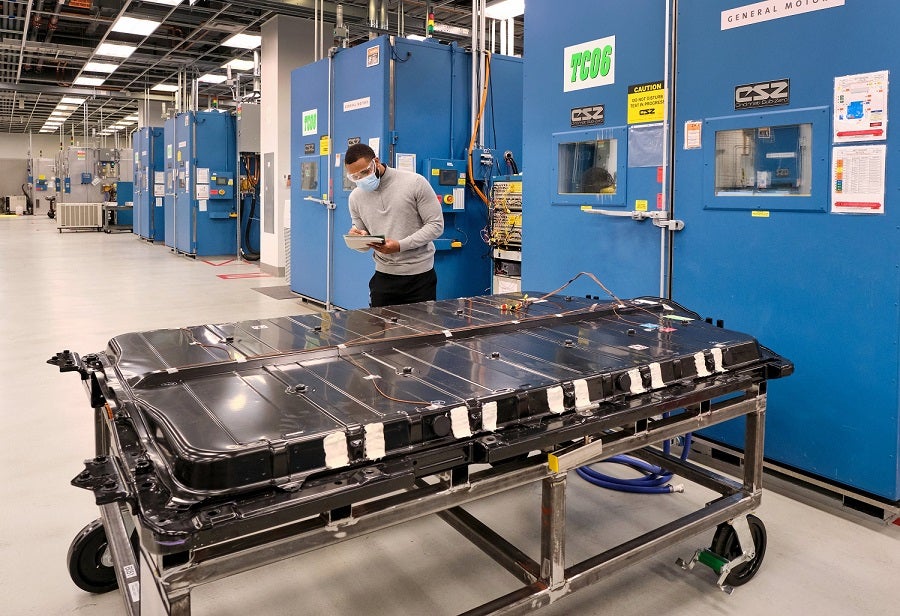
General Motors (GM) has teamed up with Controlled Thermal Resources (CTR) to secure lithium from its Hell’s Kitchen project in California, US to make batteries for electric vehicles (EVs).
The deal allows the automobiles company to source locally produced battery-grade lithium hydroxide and carbonate for its advanced EV batteries.
Currently, lithium used in making lithium-ion batteries is mined and processed outside of the US to a significant extent.
Located in the Salton Sea Geothermal Field, Imperial, California, the Hell’s Kitchen project is expected to begin production from the first stage in 2024.
Under the first stage, the project is estimated to produce 20,000 tonnes per annum of lithium hydroxide.
As part of the partnership, GM will make a multi-million dollar investment in CTR, to gain first rights on lithium produced from the project in the first stage.
The investment also includes an option for a multi-year relationship.
With the new investment, CTR will deploy closed-loop, direct extraction process to recover lithium from geothermal brine.
The process is said to result in reduced physical footprint, elimination of production tailing and lower CO2 emissions, compared to traditional processes.
CTR chief executive officer Rod Colwell said: “GM has shown great initiative and a real forward-thinking strategy by securing and localizing a lithium supply chain while also considering the most effective methods to minimize environmental impacts.”
“World-wide growth in electric vehicle adoption has highlighted the critical need to develop a strong and secure battery supply chain in the United States.
“CTR is fully committed to developing its significant lithium resource in response to this, and we look forward to collaborating with GM as we continue to accelerate these efforts.”
The partnership is expected to speed up the adoption of lithium extraction methods that could have less impact on the environment.






